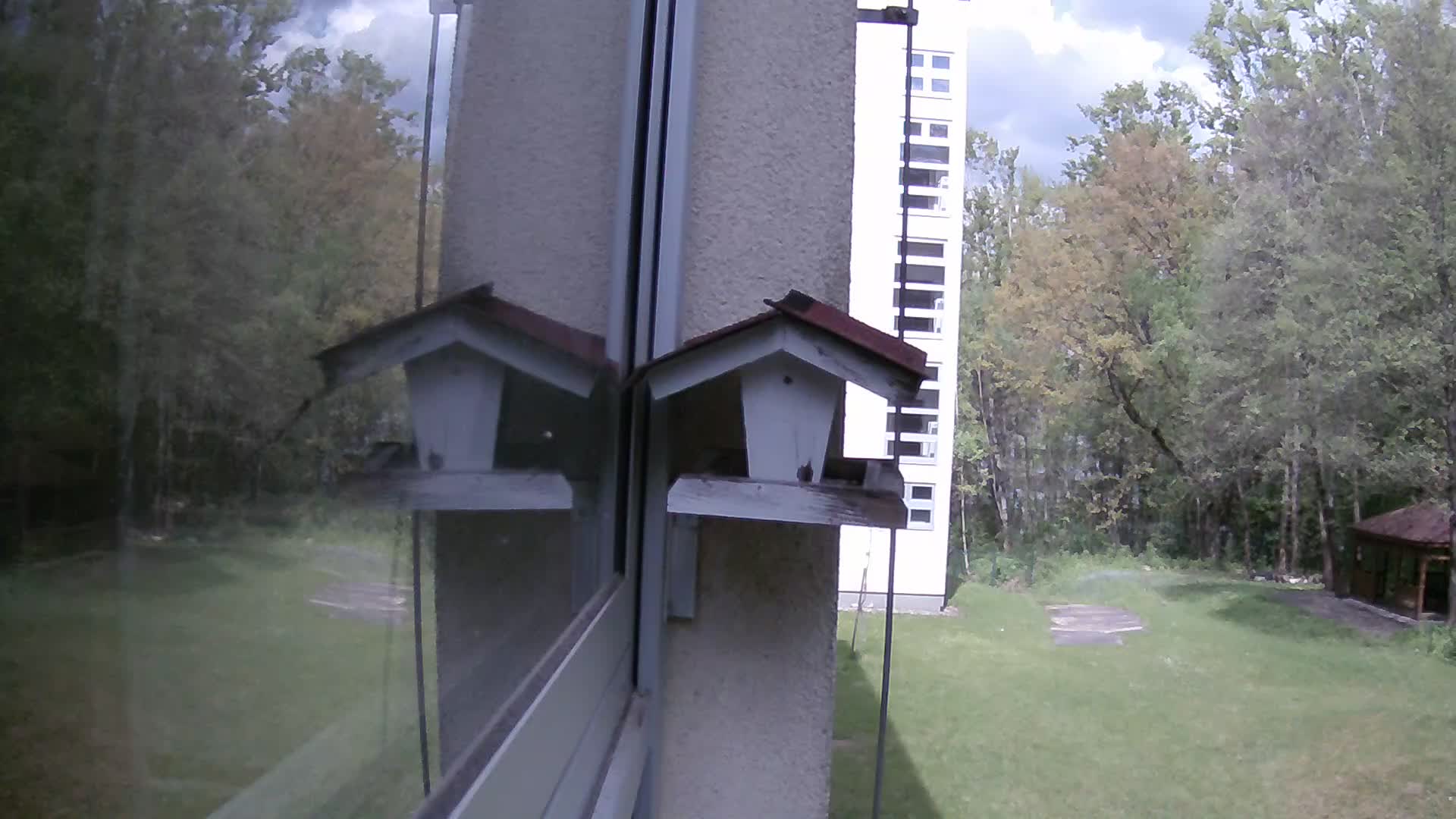Využitie neurónovej siete na odhad parametrov monitorovaného systému v prostredí WSN
Autor práce: Ing. Lukáš FormanekŠkoliteľ: doc. Ing. Ondrej Karpiš, PhD.
Dátum obhajoby: 18.8.2021
Študijný program: aplikovaná informatika
Oponent 1: prof. Ing. Ivan Sekaj, PhD.
Oponent 2: doc. Ing. Juraj Ždánsky, PhD.
Slovenský abstrakt:
Formanek, Lukáš: Využitie neurónovej siete na odhad meraných parametrov
v prostredí WSN. [Dizertačná práca]. – Žilinská univerzita v Žiline. Fakulta riadenia a
informatiky; Katedra technickej kybernetiky. – Vedúci: doc. Ing. Ondrej Karpiš, PhD. –
Stupeň odbornej kvalifikácie: Doktor v odbore informatika. – Žilina: FRI UNIZA, 2021. –
107 s.
Práca sa zaoberá odhadom nemeraných parametrov vo WSN pomocou neurónovej
siete. Neurónová sieť na základe hodnôt nameraných v ostatných uzloch bezdrôtovej
senzorickej siete odhaduje hodnotu v uzle, kde nebola v danom čase meraná. Teoretická
časť práce rozoberá problematiku WSN sietí, možné aplikácie a kategorizáciu týchto sietí.
Tiež popisuje úvod do neurónových sietí, ich rozdelenie a využitie v prostredí WSN.
Praktická časť práce je venovaná simuláciám, reálnym experimentom a porovnaniu
dosiahnutých výsledkov. Hlavným cieľom simulačných experimentov bolo overiť
možnosti šetrenia energie vo WSN. Boli zrealizované aj dva experimenty s reálnym
nasadením WSN do vonkajšieho prostredia (monitoring teploty ovzdušia). V práci sú
porovnané rôzne modely neurónových sietí, ktoré boli aplikované na odhad teploty v nami
navrhnutej bezdrôtovej senzorickej sieti na základe meraní vo zvyšných bodoch.
Vzhľadom na energetickú náročnosť koncových zariadení počas procesu komunikácie,
môže byť vhodne navrhnutá neurónová sieť použitá na odhad merania v danom bode
WSN. Tento odhad môže byť využitý pri výpadku uzla v sieti a hlavne na minimalizáciu
prenášaných dát od daného uzla v sieti, čo má za následok výrazné zníženie spotreby
daného koncového zariadenia a šetrenie prenosovej kapacity. Simulácie s nameranými
hodnotami ukázali, že v závislosti na požadovanej presnosti odhadu môže byť úspora aj
viac než 80%.
Kľúčové slová: WSN, neurónové siete, úspora energie, regresia
Anglický abstrakt:
Formanek, Lukáš: Use of a neural network to estimate the parameters of the
monitored system in the WSN environment. [Dissertation thesis]. – University of Žilina.
Faculty of Management Science and Informatics; Department of Technical Cybernetics. –
Tutor: doc. Ing. Ondrej Karpiš, PhD. – Level of qualification: Doctor of Informatics. –
Žilina: FRI UNIZA, 2021. – 107 p.
This thesis deals with the estimation of unmeasured parameters in WSN using a
neural network. Based on the values measured in the other nodes of the wireless sensor
network, the neural network estimates the value in the node not measuring at a given time.
The theoretical part of the thesis discusses the issue of WSN networks, possible
applications, and categorization of these networks. It also describes the introduction to
neural networks, their categorization, and their use in the WSN environment. The practical
part of the thesis is devoted to simulations, real experiments, and comparison of achieved
results. The main goal of the simulation experiments was to verify the possibilities of
energy saving in WSN. Two experiments were also carried out with the real deployment of
WSN in the outdoor environment (air temperature monitoring). The thesis compares
various models of neural networks, which were applied to estimate the temperature in our
wireless sensor network based on measurements at the remaining points. Due to the high
energy consumption of the nodes during the communication process, the suitably designed
neural network can be used to estimate the measurement at a given WSN point. This
estimate can be used in case of failure of a node in the network and particularly to
minimize the data transmitted from a given node in the network resulting in a significant
reduction in the consumption of a given node device and saving transmission capacity. As
shown in simulations with measured values, the savings can be more than 80%, depending
on the required accuracy of the estimate.
Key words: WSN, neural networks, energy saving, regression
Autoreferát dizertačnej práce
Text práce
























